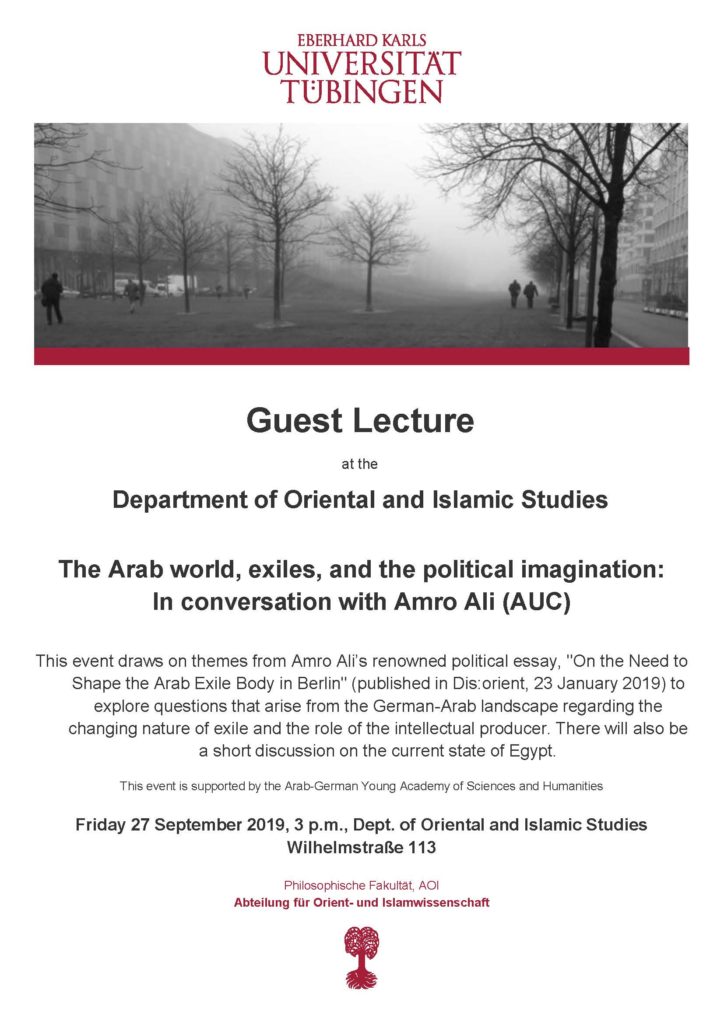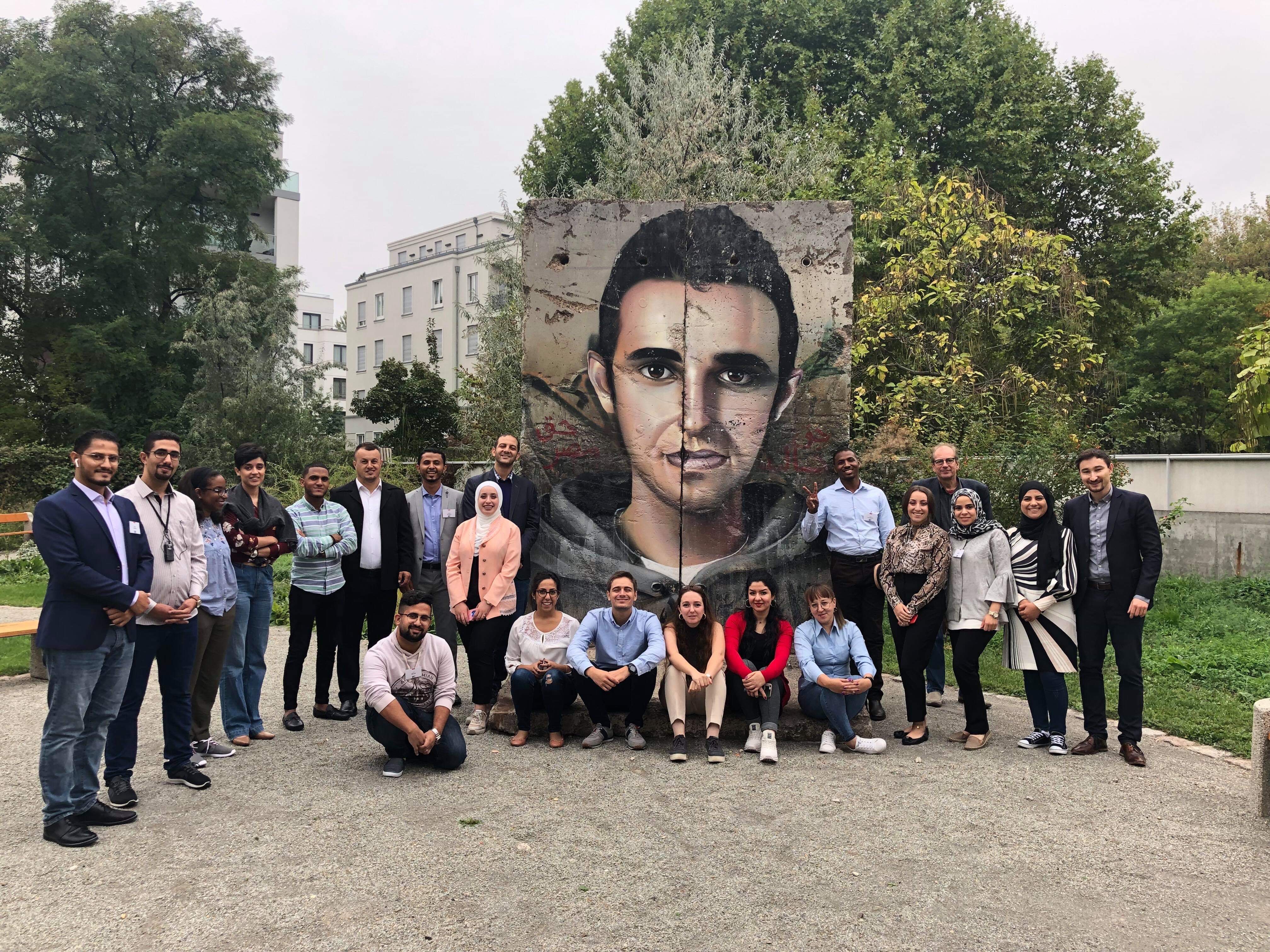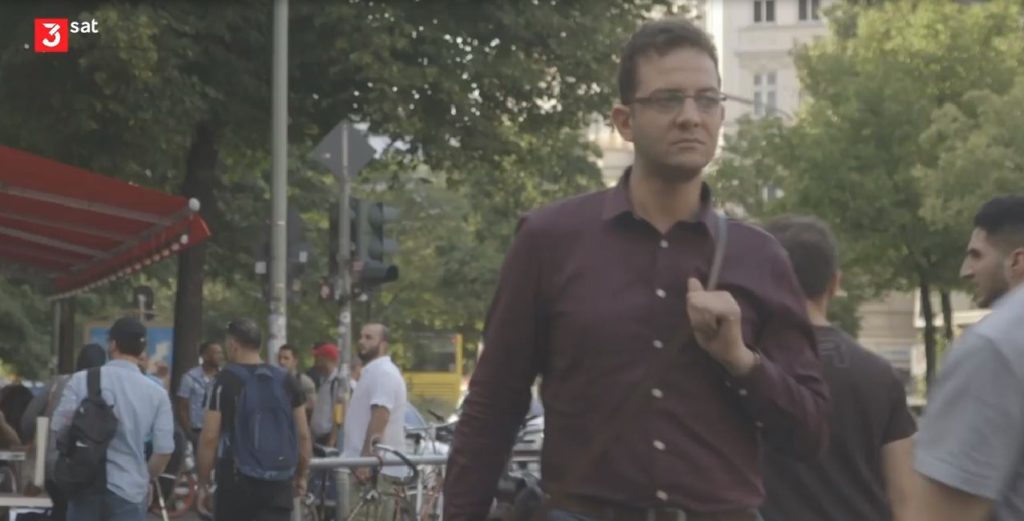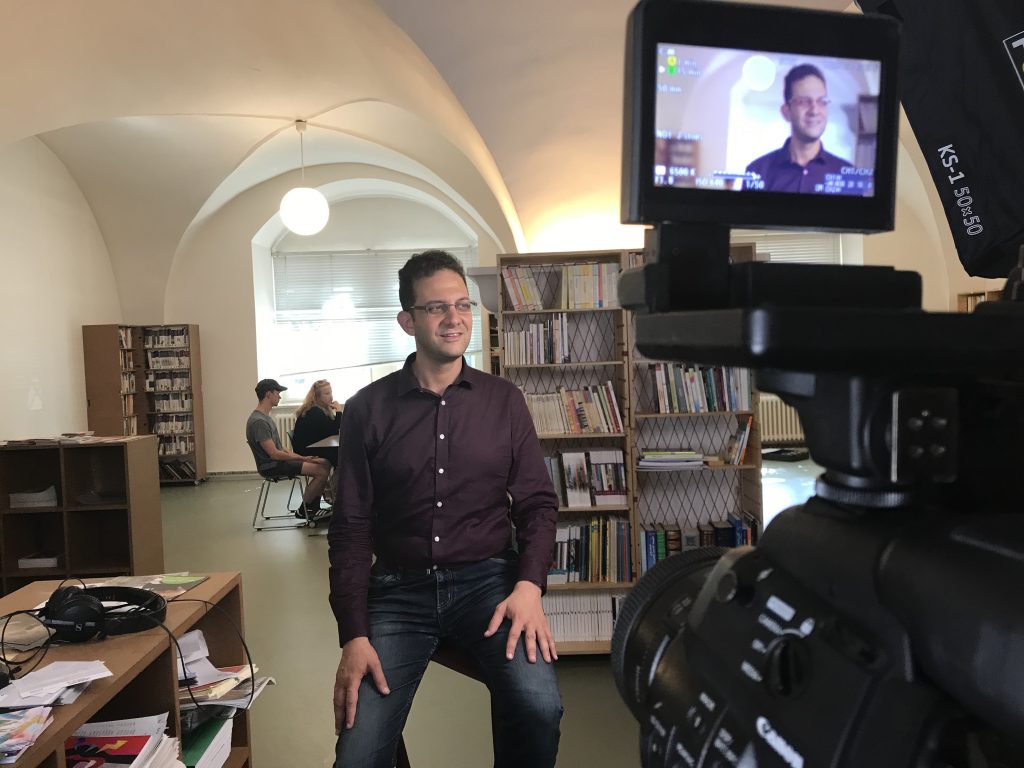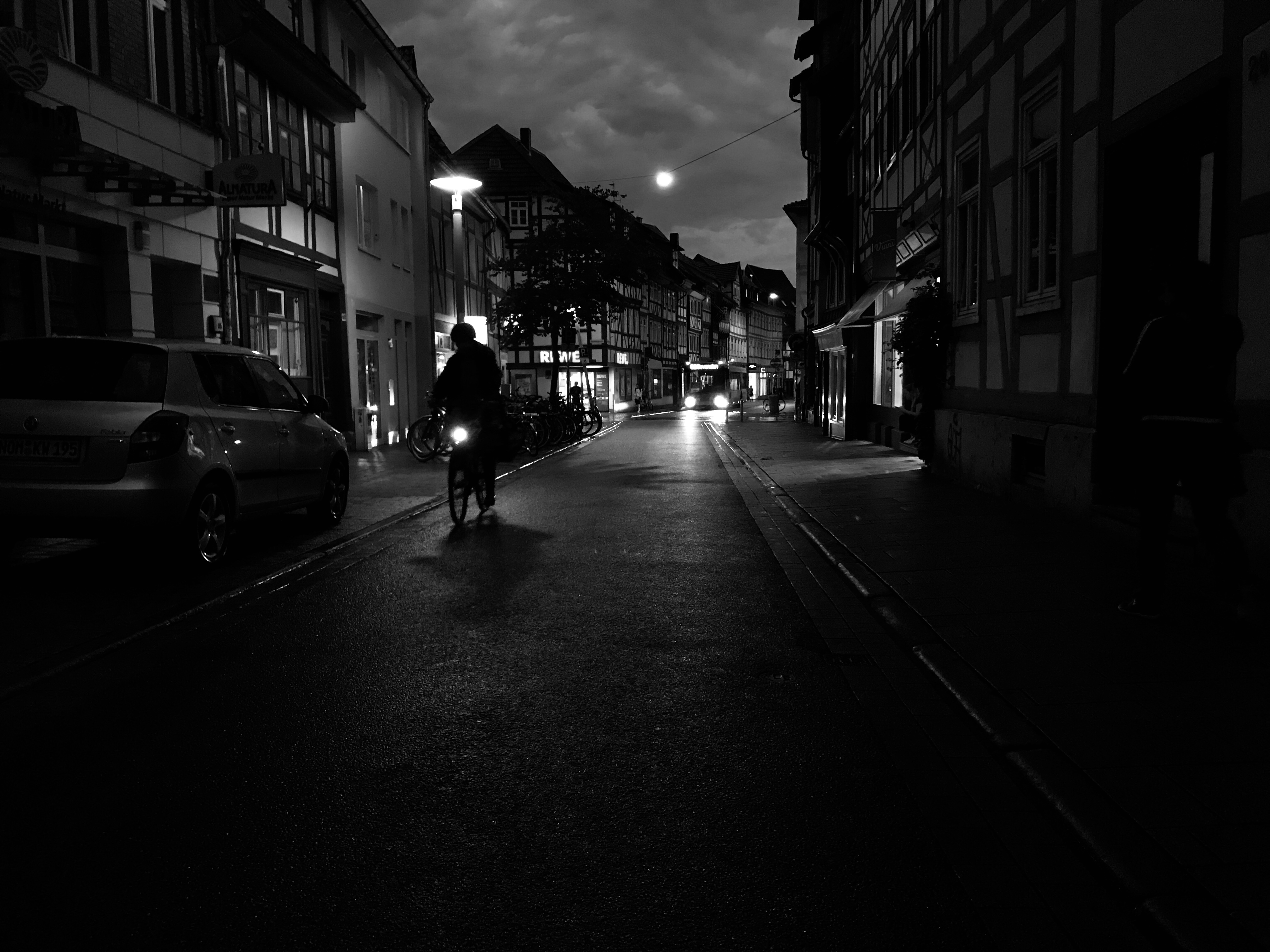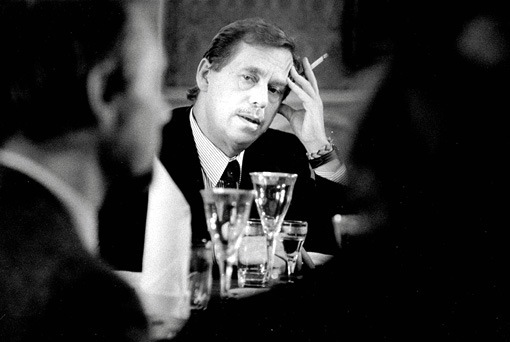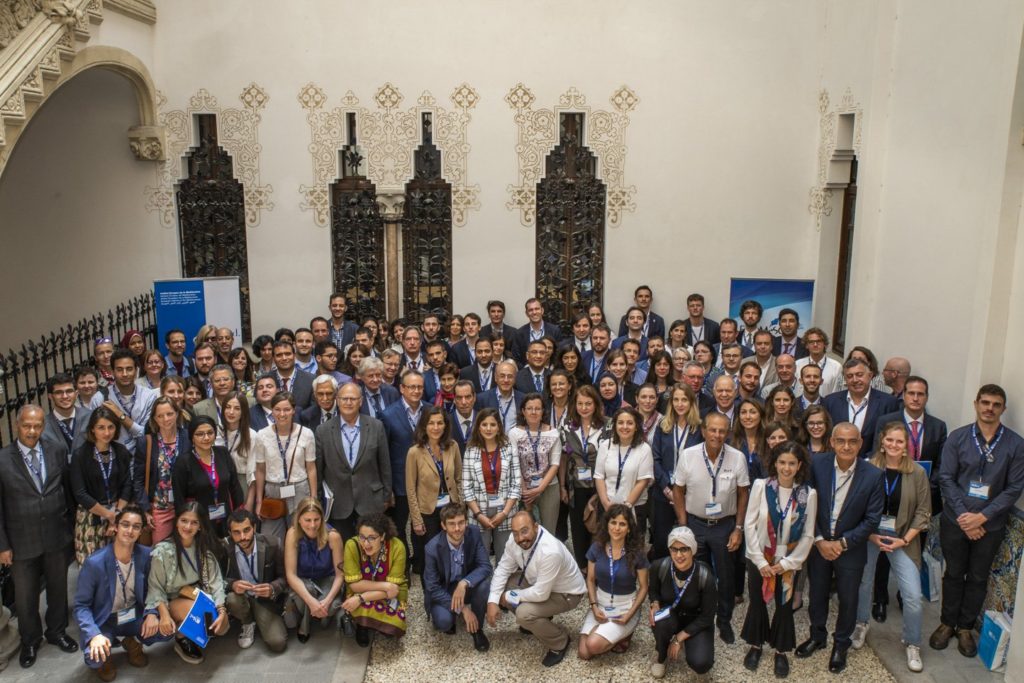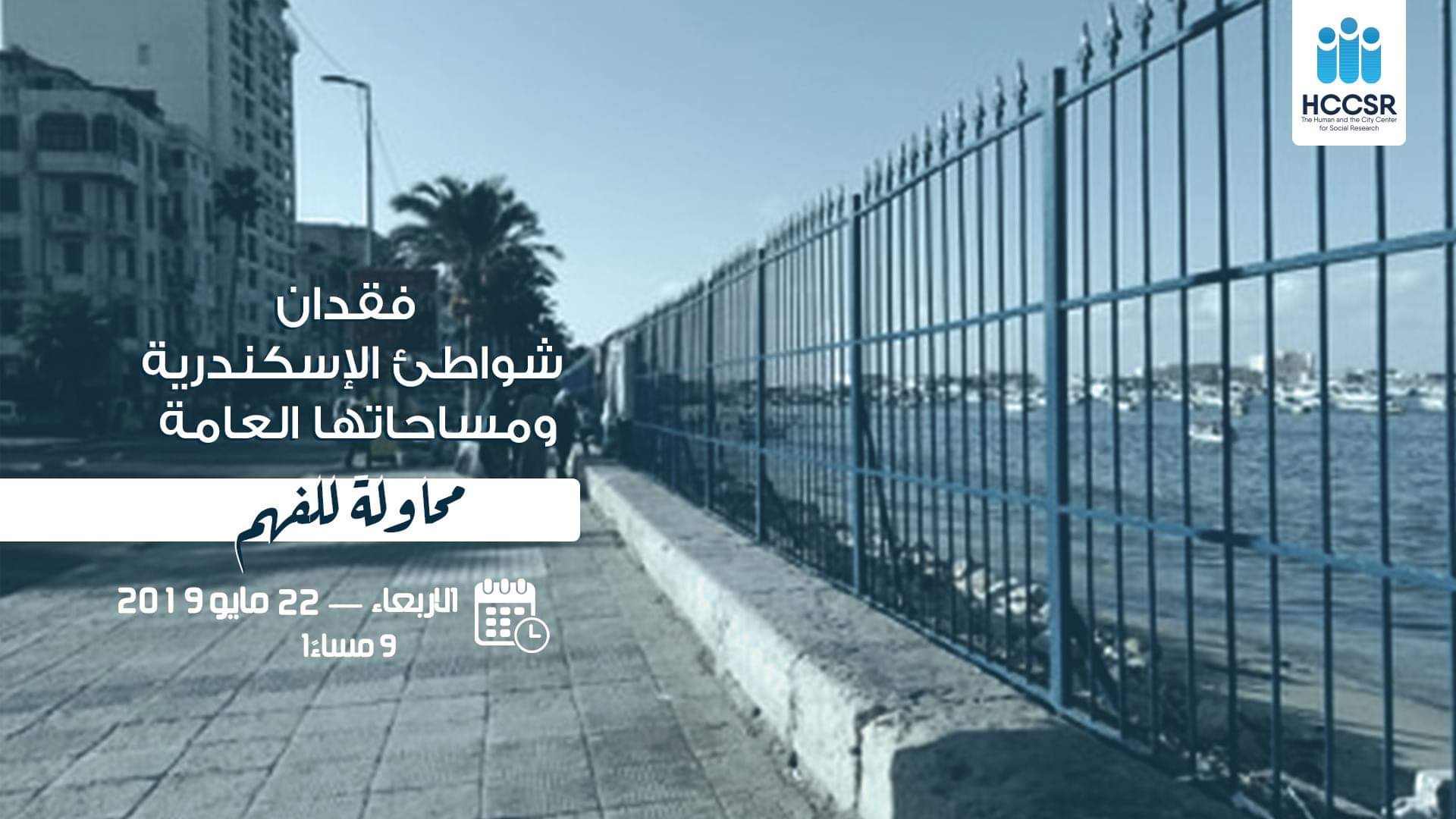I will be giving a talk and participating in a debate before an audience of EU and MENA youth hosted by the Friends of Europe (FoE) and the Anna Lindh Euro-Mediterranean Foundation (ALF) on 4th and 5th November 2019 in Brussels.

“In an era in which we are facing global issues that demand quick and effective collective action, such as climate change, migration and growing inequalities, both politicians and citizens appear to be distracted and paralysed by polarisation. Trust in the rational and stable middle ground of deliberative party politics is disappearing, with people instead opting for strong emotions, populistic rhetoric and big personalities. Issues related to national identity, cultural values and ethnic origins have been prominent in the political debate worldwide, causing not only political division, but also cultural and social polarisation.
Many governments are unable to respond adequately to the growing social, ethnic and religious conflicts – or oftentimes even foment these tensions. Instead, antagonistic narratives seem to be the only way of conceiving the vote. Societal debate has been hijacked by the more extreme movements that instigate high-tension debates, in which more moderate voices and much needed debates about common concerns such as climate change are losing power and influence.
What is the glue binding us together for the future? What can be done to encourage moderate voices? How can we counter social and political polarisation?”

